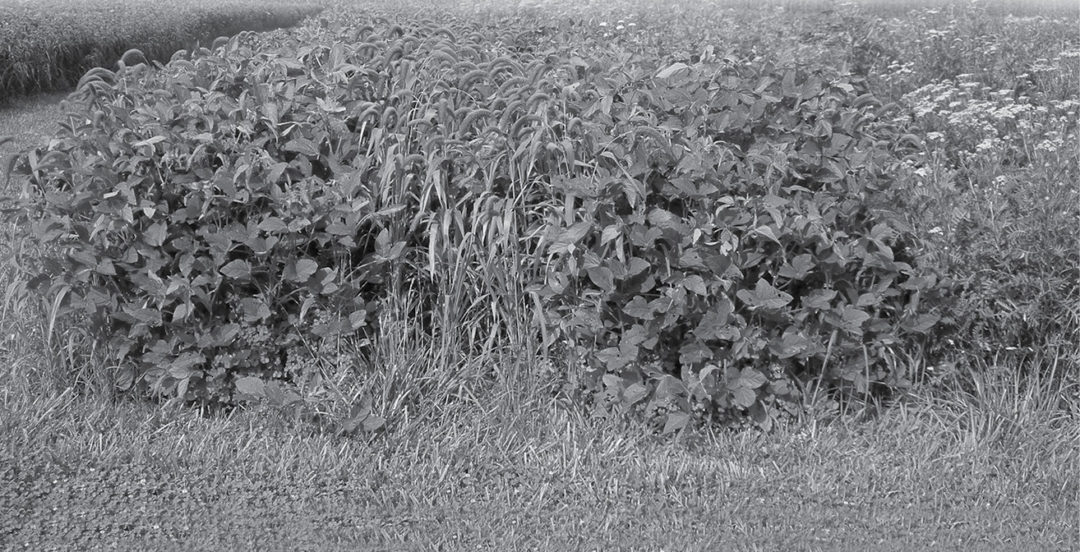No-Till Farmer
Get full access NOW to the most comprehensive, powerful and easy-to-use online resource for no-tillage practices. Just one good idea will pay for your subscription hundreds of times over.

“HELP!” Horticulturist Ron Morse remembers the day nearly 30 years ago when that message, scrawled by a county extension agent on the bottom of a snapshot, arrived at his Virginia Tech University office. The photo showed a mud slide blocking a rural Appalachian farm road. What was left of a cabbage patch planted on a steep sloping field was mired in the mud.
“Situations like that, where vegetable growers were still plowing those steep slopes with disastrous results, led me to a career in no-till vegetable crop production,” Morse recalls.
Over the next three decades, the horticulturist led the way in research on cover crops, cover crop rollers, transplanters, raised bed production, crop rotation and other aspects of conservation-oriented no-till vegetable growing. Morse’s outreach efforts have resulted in the adoption of no-till and no-till organic farming methods by vegetable farmers across a wide area.
“Organic no-till is simply the final leg of a sustainable agriculture system we started building years ago,” he says. “I have found the key to success for those going organic isn’t just that you will no longer use chemical fertilizer or herbicides; successful growers create a complete system that also restricts weed growth, attracts beneficial insects, saves costs and improves the yield and quality of marketable products.”

Morse retired from full-time academic service a couple of years ago but stays busy in an emeritus role.
Most recently, he received grants to continue his work through USDA’s Sustainable Agriculture Research and Education (SARE) agency to…